Have you ever wondered why your cat insists on curling up right beside you, even when they have a plush, cozy bed of their own? That moment you spot your feline nestled into your blanket, purring contentedly, it feels like a warm hug for the soul. But is it just affection, or could there be deeper reasons behind this adorable choice? For every cat lover who’s found themselves scooching over to make room for a whiskered friend, let’s dive into the surprisingly meaningful world of cat bedtime preferences. Prepare for some delightful insights that might just change how you see your nighttime companion forever!
Your Scent Provides Comfort

Cats have an incredibly keen sense of smell, far superior to ours. When your cat chooses your bed over theirs, much of it comes down to your scent. Your unique aroma is imprinted on your bedding, making it a comforting and familiar place for your feline friend. This scent not only calms your cat but also reinforces the bond between you two. Imagine your bed as a cozy cloud that smells like their favorite person—it’s no wonder they prefer it! When anxious or unsettled, cats often seek out these familiar smells to soothe themselves. Your scent becomes a safe haven, especially during stressful times like thunderstorms or household changes.
Seeking Warmth And Safety

Your bed is usually warmer than any cat bed, especially after you’ve been lying in it. Cats are notorious heat-seekers, always hunting for the warmest spot in the house. Your body heat lingers in the sheets and blankets, creating the perfect toasty nook for your cat. But it’s not just about temperature. Sharing your bed also signals that your cat trusts you to keep them safe while they sleep. In the wild, cats sleep close to trusted companions for protection. By snuggling on your bed, your cat is choosing you as their guardian, which is both touching and a sign of deep trust.
Bonding And Social Connection

Cats may act aloof, but they’re surprisingly social creatures, especially with people they love. By choosing your bed, your cat is expressing a desire for closeness and connection. This shared space becomes a nightly ritual that strengthens your relationship. Think of it as their way of saying, “You’re part of my family.” Over time, this routine of sleeping together can help reduce your cat’s anxiety and boost their sense of belonging. Even if your cat spends most of their day exploring or napping alone, bedtime is their chosen moment to bond with you.
Marking Their Territory
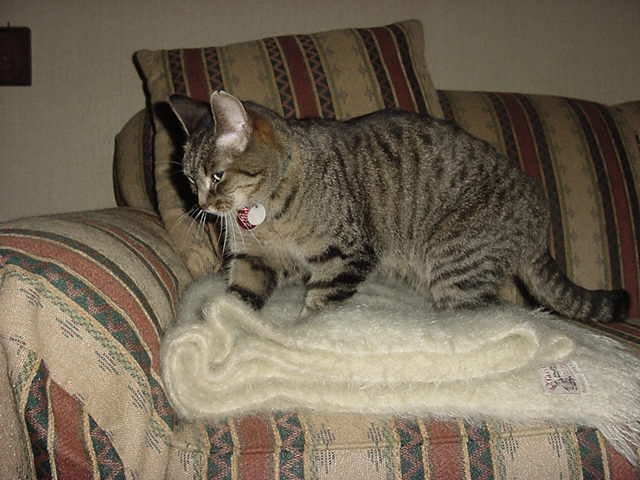
When your cat curls up on your bed, they’re doing more than just napping—they’re staking a claim! Cats have scent glands in their cheeks and paws, and by kneading or rubbing against your bedding, they’re marking the area as part of their territory. This behavior is both instinctive and reassuring to them. It’s their way of mixing their scent with yours, creating a shared space that feels uniquely “yours and theirs.” So, when you see your cat knead your pillow or blanket, know that they’re not just getting comfy—they’re declaring, “This is home.”
Preference For Softness And Texture

Let’s be honest—your bed is probably much more comfortable than the average cat bed. The softness, the layers of blankets, and the plush pillows all create an irresistible environment for a cat. Felines are known to be picky about where they sleep, often seeking out the softest, most luxurious spots. Why settle for a small, scratchy cat bed when a mountain of fluffy bedding awaits? Just like us, cats appreciate comfort, and they’re not shy about claiming the best seat in the house. If you want your cat to use their own bed, try making it as soft and inviting as your own.
Noise And Disturbance Factors

Your bedroom is typically one of the quietest, most peaceful places in the house. Cat beds placed in busy, noisy areas simply can’t compete. The constant flow of people, televisions, or other pets can disturb your cat’s rest. By choosing your bed, your cat is opting for a serene sanctuary where they can relax undisturbed. This preference for quiet isn’t just about comfort—it’s also about security. A calm environment lets your cat sleep deeply, which is essential for their health and well-being. Consider what noises your cat is exposed to and how your bedroom offers that much-needed peace.
Imitating Human Behaviors

Cats are observant little creatures, often mimicking the behaviors of their favorite humans. If your cat sees you spending a lot of time in your bed—reading, relaxing, or sleeping—they may want to join in. This mirroring behavior is their way of feeling included in your daily routine. It’s almost as if your cat is thinking, “If it’s good enough for you, it must be good enough for me.” Over time, this imitation can become a comforting habit, reinforcing your bond and creating shared routines that your cat looks forward to every day.
Relief From Separation Anxiety

Some cats experience separation anxiety, especially if you’re away from home for long periods. Your bed carries your scent and provides a sense of closeness, even when you’re not there. Choosing your bed over theirs helps them cope with loneliness and reduces stress. It’s a gentle reminder that you’ll return, and your scent lingers as a source of comfort. For cats who are particularly attached to their owners, this habit becomes a lifeline, helping them feel secure and connected no matter what. Your bed is more than a sleeping spot—it’s a bridge to your presence.
Health And Age Considerations

Older cats or cats with health issues may find your bed more accessible and comfortable than their own. Soft bedding can ease joint pain, while the warmth helps soothe stiff muscles. If your cat suddenly abandons their bed for yours, it could be a sign that they need extra comfort or support. Pay attention to these changes, as they might indicate underlying health concerns. Providing a supportive, cozy spot next to your bed can help, but always consult a veterinarian if you notice significant changes in your cat’s habits or mobility.
Curiosity And Novelty Factor
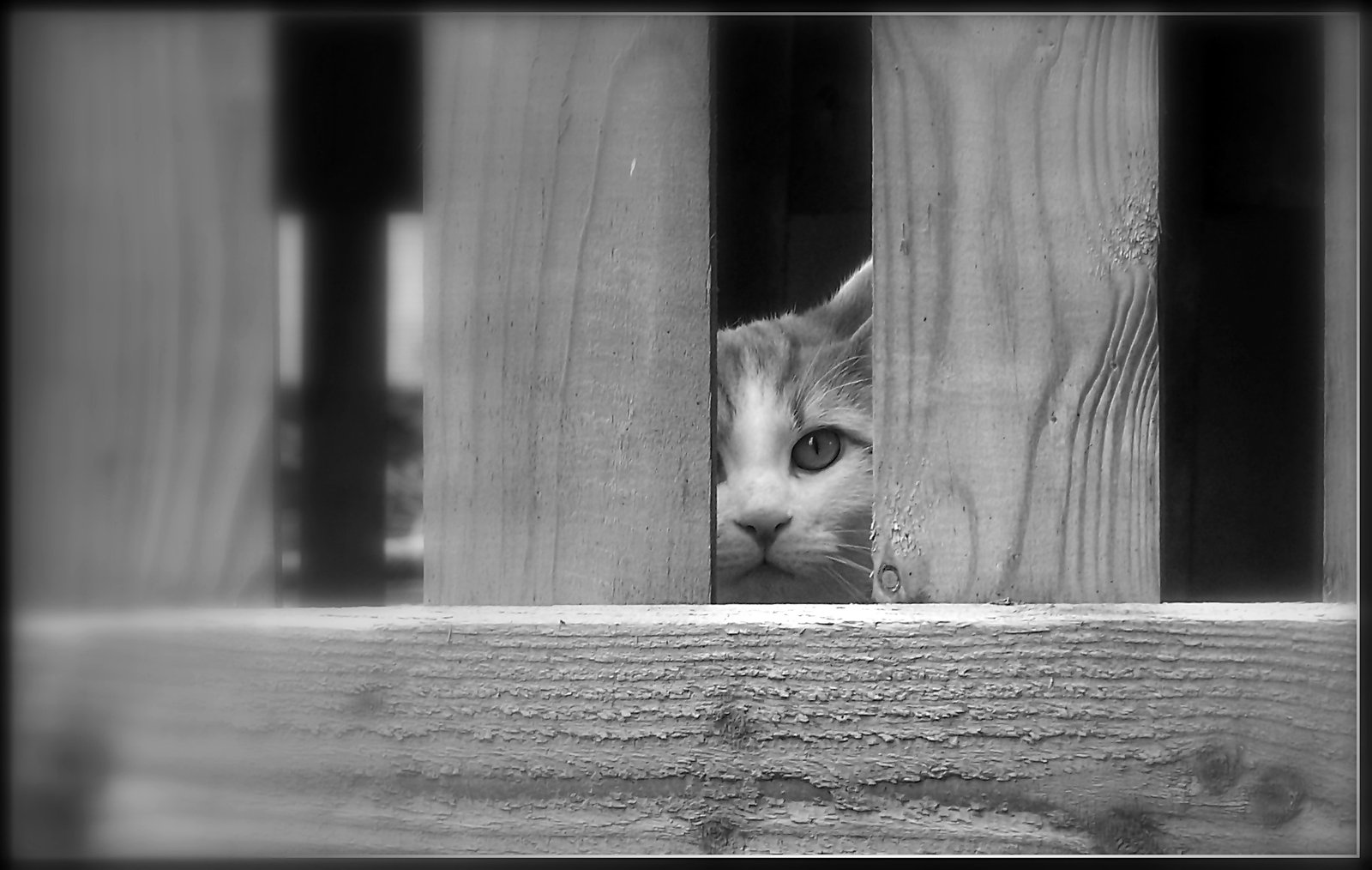
Cats are naturally curious animals, drawn to new and interesting places. Your bed, with its changing blankets, pillows, and scents, offers constant novelty. Each time you make the bed or swap out the sheets, it becomes a fresh adventure for your cat. Their own bed rarely changes, making it less intriguing over time. This sense of discovery keeps your cat coming back, eager to explore and experience something new. You might notice your cat investigating as soon as you change the bedding, turning your nightly routine into their own little adventure.
Feeling Of Belonging To The Family
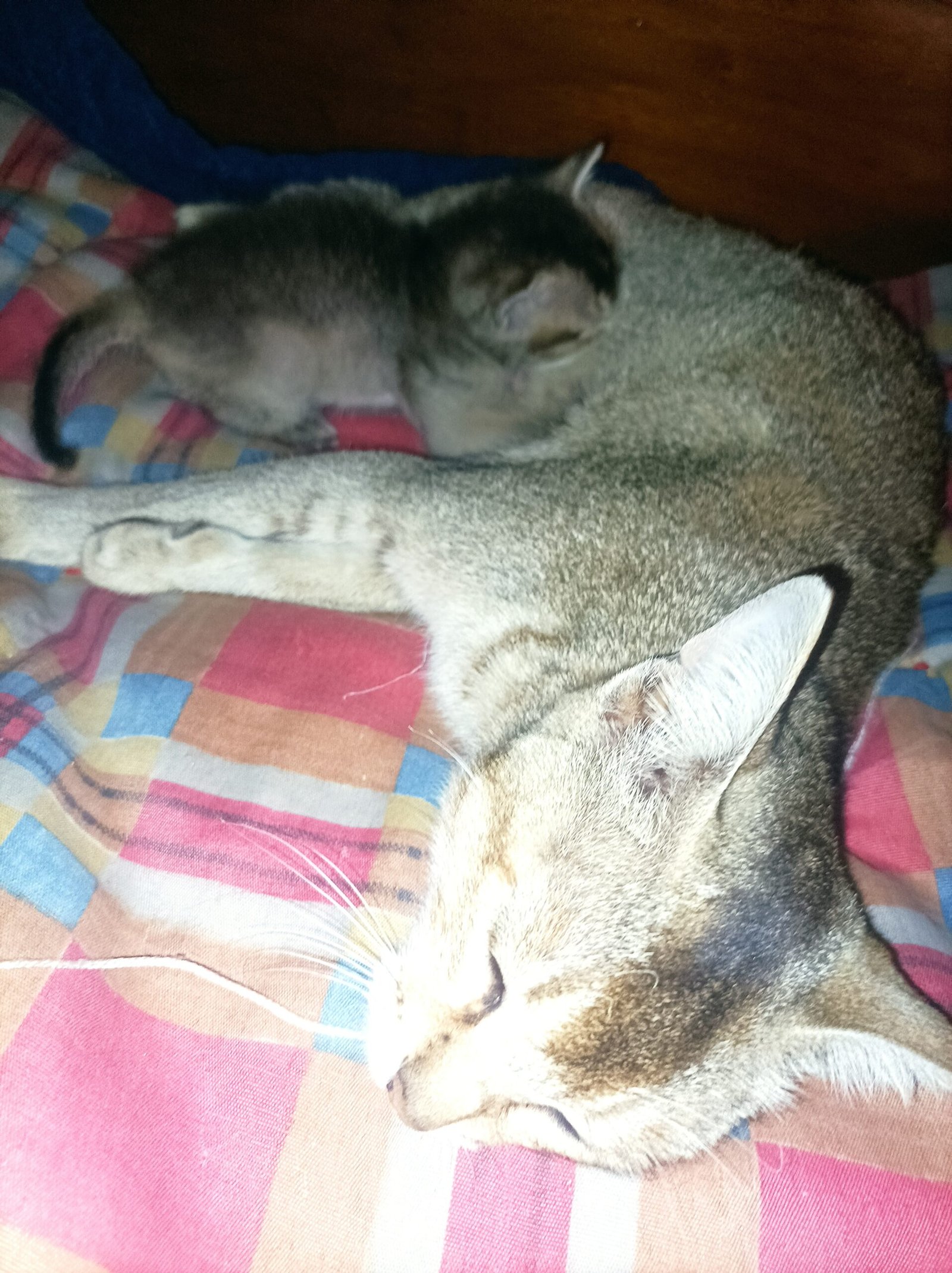
In a cat’s mind, sharing a space means being part of the group. Your bed is the heart of your home, a place where family gathers and rests. By choosing your bed, your cat is expressing a desire to be included and accepted. This simple act is their way of saying, “I belong here with you.” Over time, this shared space becomes a symbol of unity, reinforcing the close relationship you share. It’s not just about comfort—it’s about being together, side by side, as part of the same family.
Instinctual Desire For Elevation
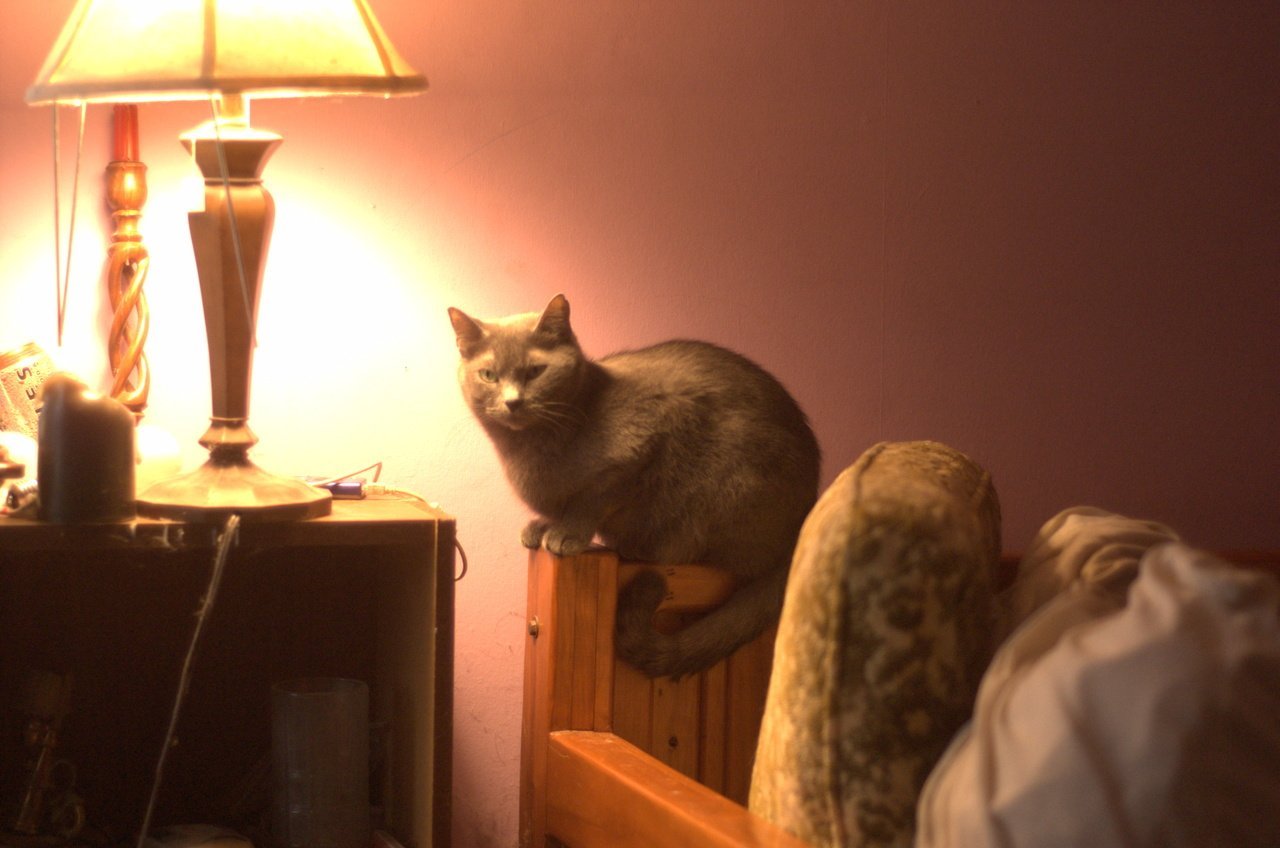
Cats love to perch in high places, where they can observe their surroundings and feel secure. Your bed, elevated above the floor, fulfills this natural instinct. From this vantage point, your cat can keep an eye on the room, monitor activity, and feel safe from potential threats. Elevated spots also help cats regulate their body temperature, as heat rises. This preference for height is hardwired into their DNA, making your bed an irresistible choice. If you want to encourage your cat to use their own bed, try placing it on a raised platform for a similar effect.
Association With Positive Experiences
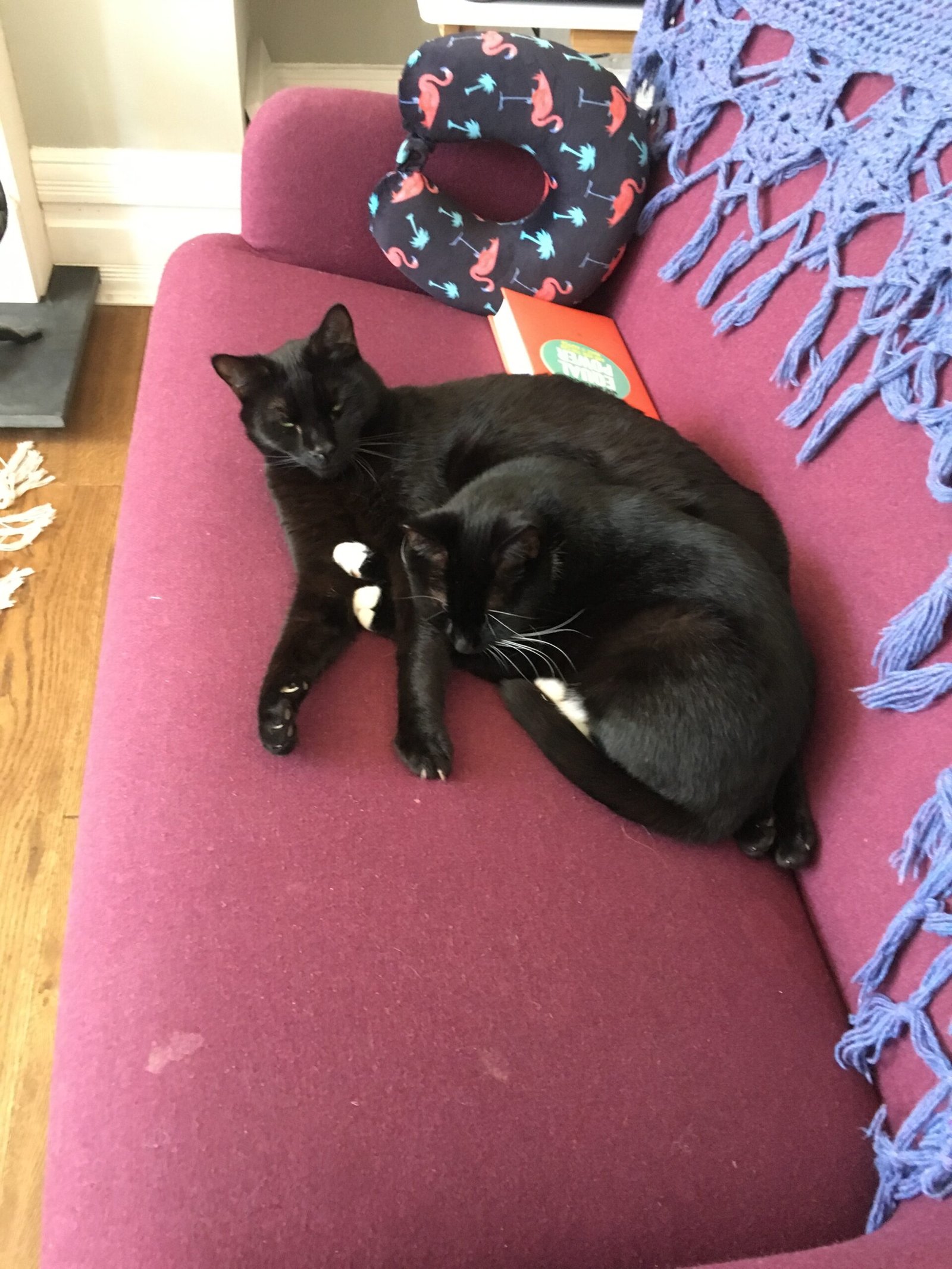
Cats are creatures of habit, forming strong associations with places where they’ve had pleasant experiences. If your cat has been petted, cuddled, or given treats on your bed, they’ll naturally return to that spot seeking more of the same. Over time, your bed becomes linked to happiness, affection, and rewards. This positive reinforcement makes it much more appealing than their own bed, especially if it’s in a less social or interactive spot. You can use this knowledge to encourage your cat to sleep elsewhere by creating positive associations with their own bed.
Temperature Regulation Needs

Cats are experts at finding the perfect temperature for sleeping. Your bed, layered with blankets and pillows, offers them the ability to burrow and adjust their sleeping position as needed. This flexibility allows them to stay warm in winter and cool in summer by choosing different spots or bedding materials. Their own bed might not offer the same range of options, making your bed more attractive. Pay attention to where your cat sleeps during different seasons—it often reflects their need for temperature control and comfort.
Desire For Uninterrupted Sleep

A cat’s sleep is precious, and they’ll do whatever it takes to get uninterrupted rest. Your bed, often located in a private room, provides a level of seclusion that communal spaces can’t match. If your cat’s own bed is in a busy area, they may be disturbed by noise, other pets, or foot traffic. By moving to your bed, they’re seeking a peaceful retreat where they can fully relax without fear of being startled. This quest for quiet is a testament to how much your cat values their sleep—and your company.
Copying Other Pets

If you have multiple pets, you may notice that your cat is influenced by what the others do. If another pet claims your bed, your cat might join in, seeing it as a desirable spot. This “follow the leader” mentality is common in multi-pet households, where competition and curiosity drive behavior. Your bed becomes a social hub, attracting more attention as each pet claims their place. It’s a lighthearted example of how pets can influence each other and create new routines together.
Reacting To Changes In The Home

Cats are sensitive to changes in their environment, whether it’s new furniture, visitors, or renovations. When things feel unfamiliar or unsettling, your bed offers a stable, safe place to retreat. The predictability of your scent and presence helps your cat cope with upheaval. If your cat suddenly prefers your bed after a big change, it’s likely their way of seeking reassurance. By understanding this behavior, you can help your cat adjust and feel more secure during transitions.
Preference For Larger Sleeping Spaces
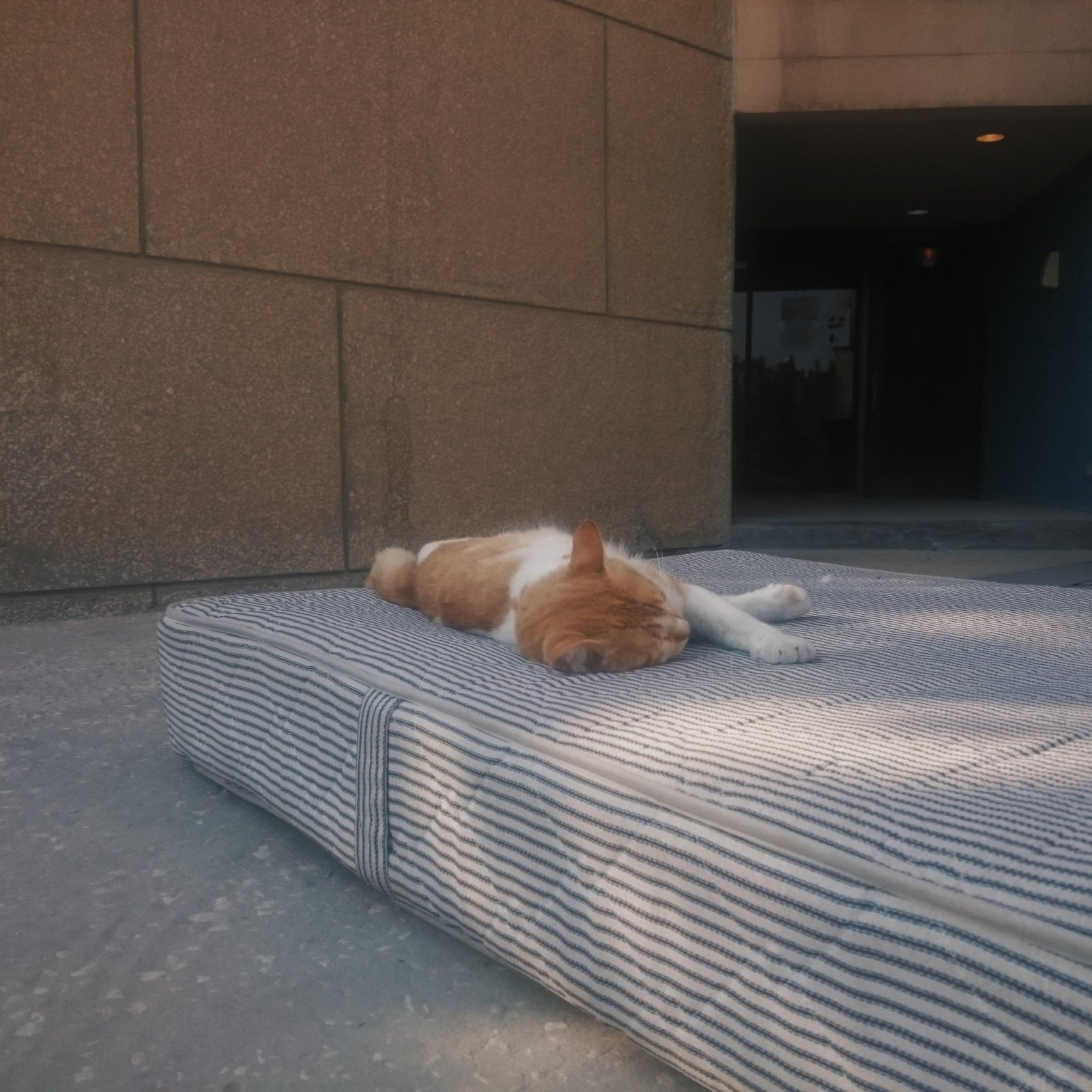
Some cats simply like to stretch out! Your bed offers a much larger area than most cat beds, allowing your feline to sprawl, change positions, and enjoy freedom of movement. This is especially appealing to bigger cats or those who dislike feeling cramped. The extra space also lets your cat sleep in different poses, which can be important for comfort and joint health. If your cat’s bed seems too small, upgrading to a larger one might entice them to use it more often.
Following Routine And Habit

Cats are creatures of routine, and once they establish a bedtime ritual, they stick to it. If your cat has gotten used to sleeping on your bed, it becomes a fixed part of their daily schedule. Breaking this habit can be challenging, especially if it’s been reinforced with affection and positive experiences. Establishing a new routine takes patience, but understanding how deeply ingrained these behaviors are can help you navigate changes if needed.
Demonstrating Affection And Trust
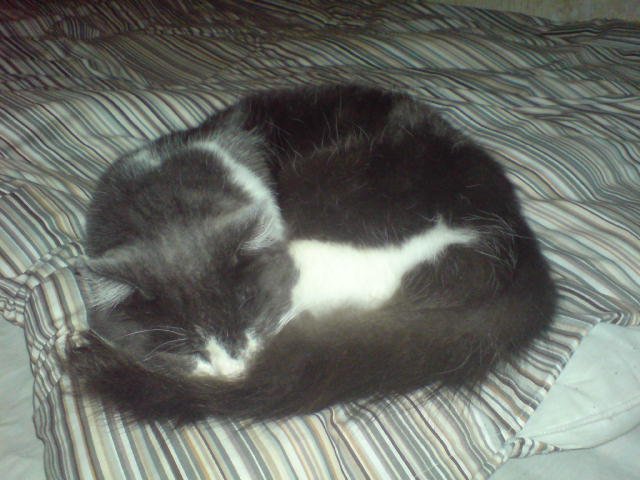
At the end of the day, one of the simplest—and most moving—reasons your cat chooses your bed is pure affection. By sleeping next to you, your cat is showing trust and love, choosing to spend their most vulnerable hours by your side. It’s a silent gesture that speaks volumes about your bond. For many cat lovers, this nightly ritual is the ultimate sign of acceptance and companionship, transforming what could be a simple nap into a heartwarming testament to your relationship.
Hi, I’m Bola, a passionate writer and creative strategist with a knack for crafting compelling content that educates, inspires, and connects. Over the years, I’ve honed my skills across various writing fields, including content creation, copywriting, online course development, and video scriptwriting.
When I’m not at my desk, you’ll find me exploring new ideas, reading books, or brainstorming creative ways to solve challenges. I believe that words have the power to transform, and I’m here to help you leverage that power for success.
Thanks for stopping by, Keep coming to this website to checkout new articles form me. You’d always love it!





